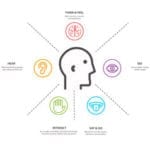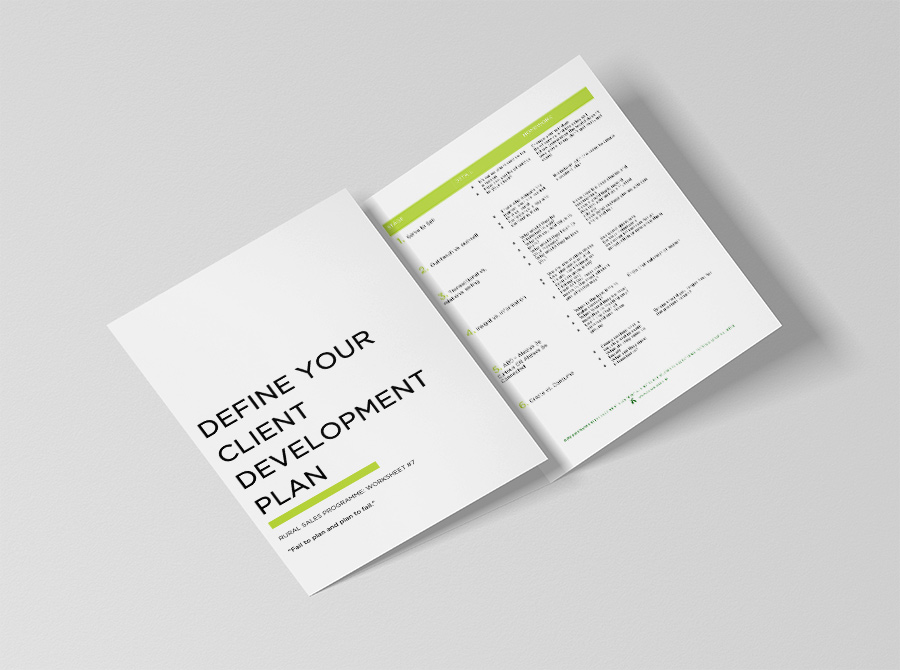NZ AG: Are We Aware Of Our Biases?
Biases are an inherent human condition. We always seek out information that confirms our beliefs and attitudes. The majority of adults think they’re better drivers than they actually are when statistics and self-driving cars might show us otherwise. We think we’re better listeners when most of us aren’t. And we tend to think what we own or have invested in is worth more than it actually is (endowment effect).
We tend to edit some events from memory rather than fact (memory misattribution) so it fits more comfortably with our world view. We often seek anonymity and don’t go publicly against the grain in case we’ve labelled as wrong (status quo/conformity bias). We also like to think we know what people are thinking (what the boffins call the illusion of asymmetric insight). We tend to notice and pick up flaws in other people more than we do in ourselves (and one I am often guilty of) called bias blind spot.
There are hundreds of forms of bias and the list goes on as the image above demonstrates. Thinking Fast, Thinking Slow by Daniel Kahneman whilst a long read is one of the best books on being more aware of our cognitive biases as humans.
So what does bias have to do with farming? Some might argue as an industry we’re not taking the threat of synthetic meat seriously enough and instead investing our energy defending and believing in our status quo position rather than embracing the possibilities and opportunities that changes can present: like being part of the plant protein value chain. The same applies to our environmental footprint. Whilst China and many other countries are picking up their game on ETS post Paris Accord, we still spit out over 50% of New Zealand’s GHGs due our pastorally-based ruminant farming systems. Sheep & Beef emit their fare share of methane and nitrous oxide, not just the dairy guys. We’d be better to front foot this more than we currently do. Farm Environmental Plans (FEPs) are a great start but it would be better if we changed before consumers force us to.
Whilst synthetic meat hogs the headlines, it’s prompted many commentators to remind us that we’ve been here before. Our wool producers did not see or recognising the threat of synthetics decades ago until it was too late. Was it because they had a bias to status quo? They are still paying the price today with a chronic lack of capital to be able to change the fortunes of coarse wool despite the galant and outlier efforts of Just Shorn with the Carrfield Group. But is the red meat sector doing much better? To some, it seems to be clambering to play catch up footy fast with recent appointments to help them tell their story. Some more enlightened and worldly farmers might argue perhaps a little too late?
Our brains can be lazy and often like to shortcut the cognitive load. We prefer to take the path of least resistance so NZ Ag would be well served to be aware of its bias and be more critical in its thinking. When the world’s “smartest money” is investing in plant based protein you’d have to be be blind not to notice. Silicon Valley knows how to disrupt so we’d be wise not to under-estimate them.
Clean meat or synthetic protein alternatives are a real thing and we’d be foolish to ignore them. Assuming the world will still love animal protein is naive. We know emerging generations will have a different world view to us and might prefer the cleaner story of synthetic meats grown with less environmental impacts.
Or if we put our critical thinking hats on and were aware of our cognitive biases, is synthetic meats getting all the headlines through association. Is it because it is being endorsed by world-famous entrepreneurs like Richard Branson, Bill Gates and Kimbal Musk investing in Memphis Meats. Maybe this attention bias is priming us to think “clean meat” is more of a threat than it actually is?
Farming isn’t the only sector that can fall for bias. Urban based New Zealanders do it too. Fairfax Media ran an article on Stuff recently picturing a cow walking behind her calves. It was reported as animal cruelty when in fact it was about animal safety and common practice so the calves weren’t hit by traffic and instead accompanied by Mum to keep they calm. This “priming” effect then casts the shadow to a misinformed public that may be led to think that all farmers are somehow animal abusers. Not so. SAFE’s latest stunt is below the line at best and cynical at worst and as Jon Morgan puts it a complete distortion of the truth. Testament to Jon too for questioning the editorial judgement of his own employer.
We need the best and brightest critical thinkers who can offer different lenses to help us navigate through what are times where NZ Ag is facing exponential change. With fresh eyes, they can call and challenge us on our biases. These brains need to be in same league as those investing in new protein technologies.
Biases have a funny and convenient way of distorting the realities of the world we live in to fit our preferred world view. It’s a risky business strategy. The lens and filter on which we view and process events, data, people are more often that not inherently skewed so we can neatly live in our bubbles personally or professionally.
The problem with this human fallacy is that bubbles can burst as we always try to protect ourselves from pain or what pyschologists call loss aversion. As humans we’d prefer to minimise lose than experience gain. We think we have a great relationship and then we’re left by our spouse. We think we know our kids and then they hang out with the wrong crowd. We think we have great clients and they we lose their account. Biases can be blinding and sometimes we can’t see the wood from the trees because we’re naturally human.
So are we seeing or hearing enough from NZ Ag? Not at all and especially when the Election was on. Are we questioning the future viability of current farming practices enough? No (many would argue we’re not investing enough science and R&D to address this because we’ve locked ourselves into a commodity cycle). Do we need to wake from our slumber? Yes. The danger is we could be sleep walking into this new world whilst we try to defend a current position. We need more thinking, more questions, more action and less rhetoric.
We need to be front footed, not flat footed and move faster than the rate of change happening around us if we are to have a hope of staying relevant and sustainable as an industry. We’d be wise to beware of our biases which might be lulling us into a false sense of security. Blockbuster, Kodak and Nokia didn’t see it. Let’s hope we do.




